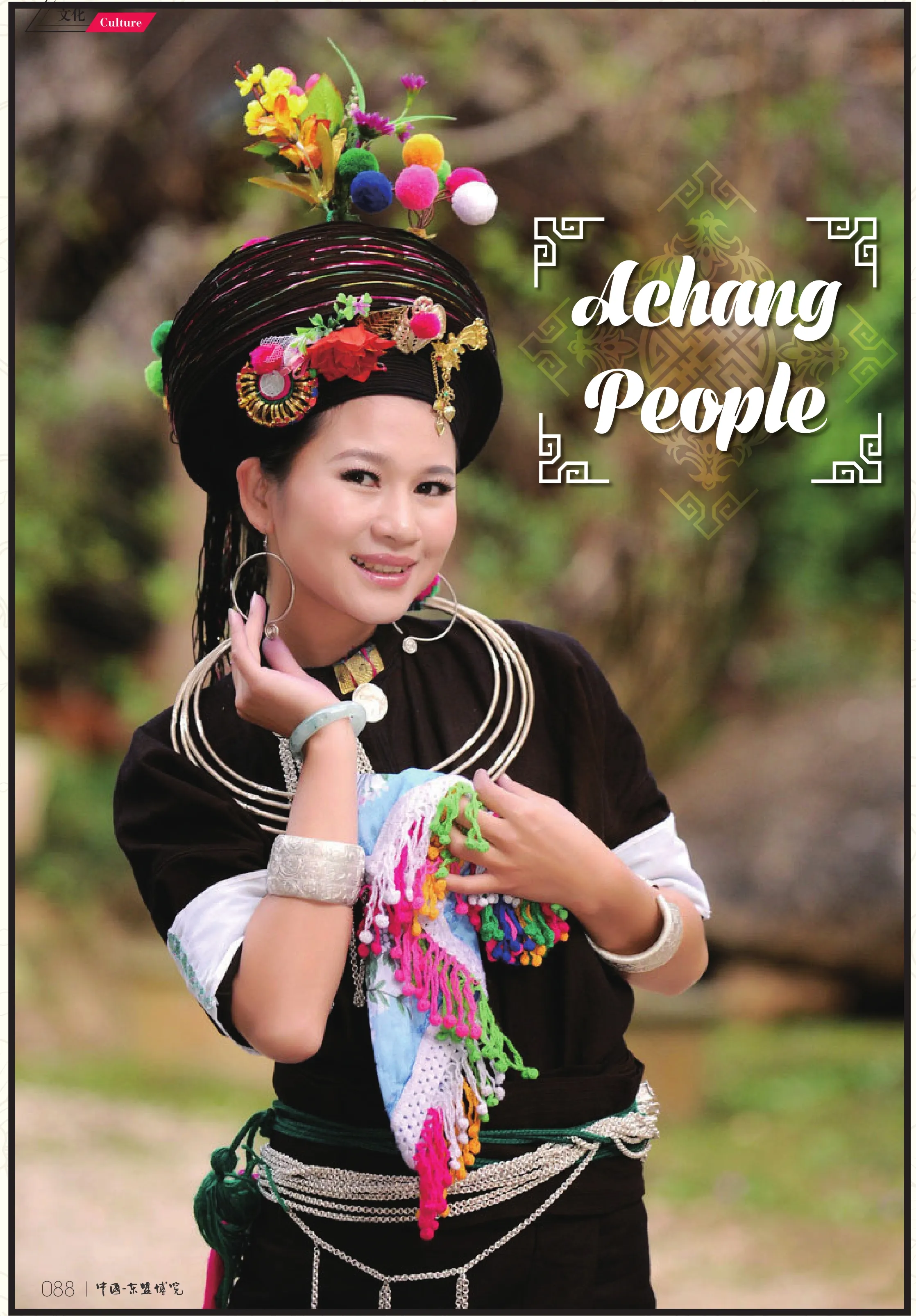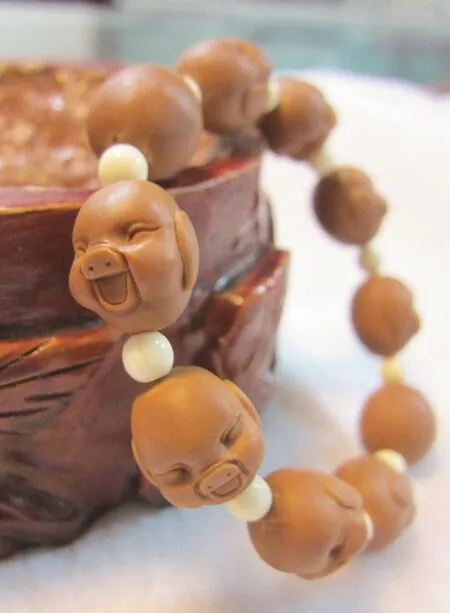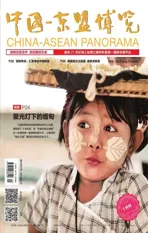Achang People
2015-09-06
Achang People


The Achang ethnic group has a population of more than 33,000, gathering mainly in Longchuan, Lianghe, Luxi and Ruili counties in Dehong Dai-Jingpo Autonomous Prefecture in south-western Yunnan Province. There are also a small number of them scattered in Dali, Chuxiong, Yuxi, Xishuangbanna and other counties in Yunnan. Although small in number, Achang people are one of the earliest inhabitants of Yunnan.
The Achang people speak a language belonging to the Tibetan-Myanmese language family of the Chinese-Tibetan system. Most of the Achang people also can speak Chinese and the language of Dais. They have no written script and Chinese is widely used.
Achang people live on agriculture, in particular on rice planting. Situated on the southern tip of the Gaoligong Mountain, the area peopled by Achangs has a warm climate, vast fertile land and innumerable watercourses, which all give rise to the prosperity of agriculture. Their major agricultural products are rice, corn, and beans.
History
The ancestors of the Achang people were some of the first inhabitants of Yunnan Province. They call themselves Mengsa or Echang. Their ancestors used to live in the area near the Jinsha River, Lancang River and Nu River. After the 2nd century, a branch of them moved to the west bank of Nu River and later, about in 13th century, settled down in Longchuan County. Another branch later migrated along Yunlong, Baoshan and Tengchong, and fi nally resided in Lianghe.
Costumes
Achang men tend to wear blue, white or black jackets which button down the front. Achang women like to wear silver objects on festive occasions. Their clothes vary somewhat depending on where they live, but in general married women wear skirts and jackets with tight sleeves and wrap their heads with black or blue cloth that may go as high as three decimeters. Unmarried women wear trousers and tie their pigtails on top of their heads. The men always take their bags and machetes with them wherever they go.

Festivals
In common with the Dai ethnic minority, the Water-splashing Festival is the best opportunity for Achang young people to choose a mate for life. Every 24th day of the sixth lunar month is the Torch Festival. On that day, people enjoy rice noodles with pork and travel throughout their neighborhoods at night holding bright torches. The Woluo Festival is the most representative and significant festival of the Achang people. On April 4th of each year, the Woluo Festival is held to pay homage to the ancestors of Achang who made great contributions to the development of the ethnic group.
Song and dance, accompanied by music, are the main activities during their festivals. Their famous dance is the Dance of the Elephant Drum, in which the dancers move backward and forward, to the right and to the left, following the rhythm of the music. They also dance the Lion’s Dance and the Dance of the Monkeys by imitating the movements of these animals.
Love and Marriage
The basic unit of the Achang society is the patriarchal, monogamous family. Young men and women are free to choose their spouses. However, they have a strict incest taboo: people with the same surname do not marry each other. But intermarriage with Hans and Dais has always been permitted. Courting rituals are quite spec ifi c. When dusk falls, young men go to bamboo groves near the homes of the young women they desire and play the “Sheng” (a Chinese mouthblown free reed instrument) to win their favor. In some places, groups of young men and women gather around a bon fi re, where couples flirt by singing alternate verses. This can go on until dawn.
Food
The Achang people are proud of their quality rice and can make many kinds of delicious food from it. Along with rice, they also enjoy fried fi sh, using fi sh that live in the waters of the paddy fields. They also drink yellow wine and spirits, which taste quite mellow.
Religion
In the past, most of the Achang people believed in Hinayana Buddhism, and they still hold different religious festivals and activities to show their piety. Southern Buddhism is another popular religion. Nearly in every village, a Buddhist temple stands with various architectural styles. Taoism has also had a great influence on Achang people since the Ming Dynasty (1368-1644 AD), which is re fl ected by the Imperial Pavilion Taoist Temple, the representative of the Taoist holy land established by Achang people in Dehong of Yunnan.
Husa Knife
Husa Knife, a long and famed handicraft of the Achang people, gets its name because the Achang people began their forges in Husa Town of Longchuan County in Yunnan Province. This sort of knife is well-forged and elaborately made, and very sharp, tensile, durable.
Husa Knife varies in length and shape. There are more than ten sorts of knives for their own use. For instance, there are knives for daily use, long swords for hunting and self-protection, and daggers for butchering domestic animals, and the like. It is not only cherished as an ethnic legacy of the Achang people, but also favored by other neighboring ethnic groups like Dai, Jingpo, Tibetan, and Bai.

